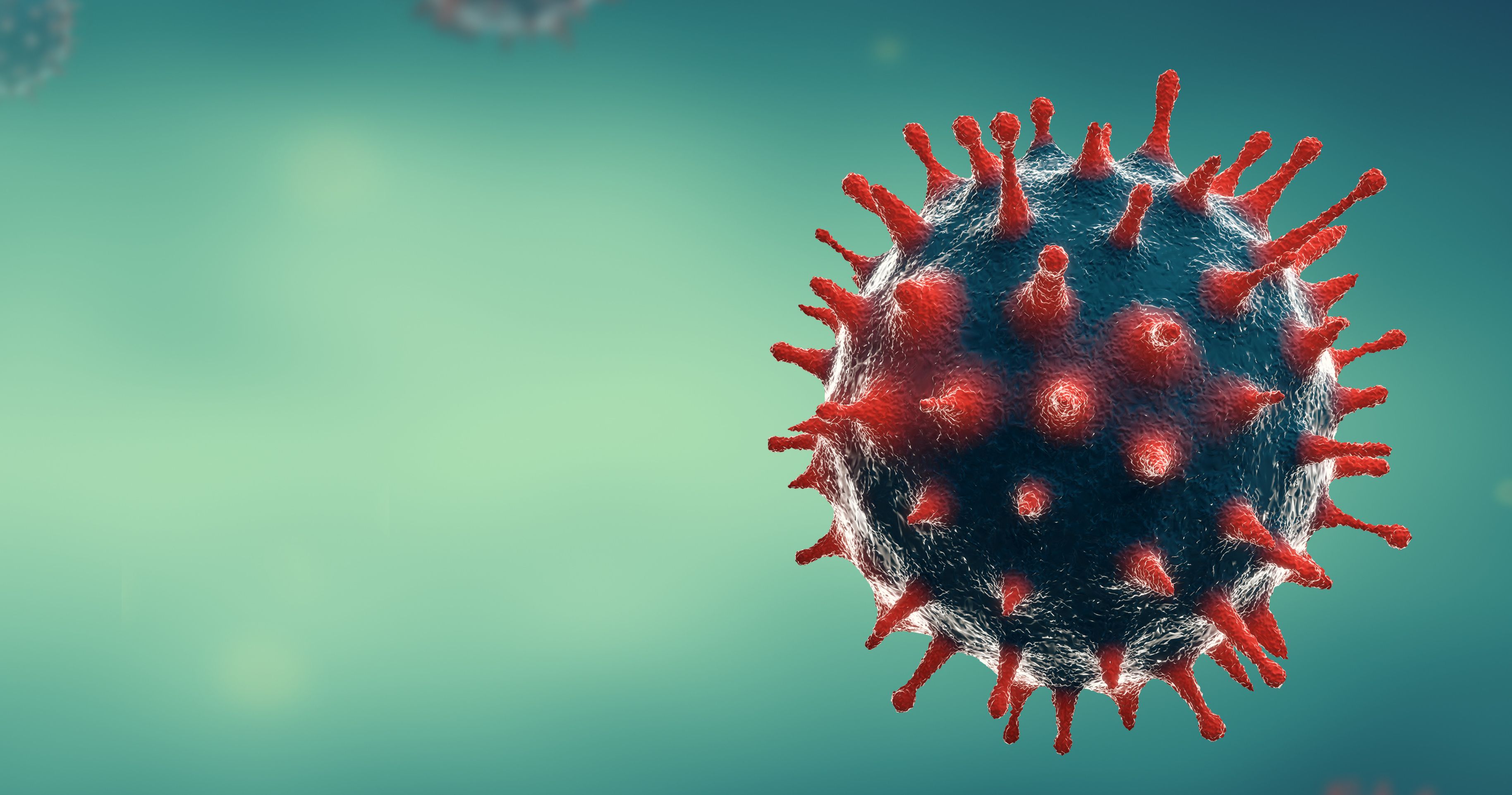Heparin Use Could Reduce SARS-CoV-2 Ability to Bind to Human Cells
New data suggests heparin could mitigate SARS-CoV-2 ability to bind to human cells.
This study was originally published on ContagionLive.com

New research suggests the US FDA-approved anticoagulant heparin could be effective in preventing SARS-CoV-2 from binding to human cells.
SARS-CoV-2 is particularly difficult for health systems to respond to; the virus presents a perfect storm of largely mild and asymptomatic transmission dynamics combined with the danger for very severe infection in a sizable minority of at-risk individuals.
Efforts to adapt to the unique virologic profile of SARS-CoV-2 have been greatly frustrated by the paucity of effective treatment and prevention options. In order to improve clinical outcomes, a variety of investigational therapies are being studied for use among patients with COVID-19. Specialty medications like remdesivir, favipiravir, and hydroxychloroquine have emerged from relative obscurity to garner intense media interest.
According to investigators from the Rensselaer Polytechnic Institute (RPI), an existing US Food and Drug Administration (FDA) approved anticoagulant called Heparin may lower the odds of SARS-CoV-2 infection. The analysis was published in Antiviral Research.
SARS-CoV-2 uses its surface spike protein to bind to human cells. Heparin, a blood thinner also available in non-anticoagulant formulations, binds tightly with the coronavirus’ surface spike protein. A team led by Robert Linhardt, PhD, professor of chemistry and chemical biology at RPI, predicts that this tight binding might interfere with SARS-CoV-2 infection.
The investigators speculate that the medication could be introduced into the body using a nasal spray or nebulizer in order to run interference on the coronavirus’ binding processes, lowering the odds of infection. “Decoy” strategies have been previously used against Zika virus, influenza A, and dengue.
"This approach could be used as an early intervention to reduce the infection among people who have tested positive, but aren't yet suffering symptoms. But we also see this as part of a larger antiviral strategy," Linhardt said. "Ultimately, we want a vaccine, but there are many ways to combat a virus, and as we've seen with HIV, with the right combination of therapies, we can control the disease until a vaccine is found."
Using a surface plasmon resonance direct binding assay, the study team discovered that SARS-CoV-2’s spike protein binds more tightly to immobilized heparin (KD = 40 pM VS 73 pM) than that of SARS-CoV and MERS-CoV (500 nM and 1 nM).
While the use of heparin as a COVID-19 treatment is currently theoretical, the study also serves a catalyst to further investigate the role of glycosaminoglycans in SARS-CoV-2 pathogenesis. Furthermore, the authors expressed hope that their findings provide a basis for further study of heparin-based interventions for COVID-19 patients exhibiting thrombotic complications.
"As soon as our labs reopen we are planning to begin animal studies on heparin administered to the nose and lung," Linhardt told Contagion.